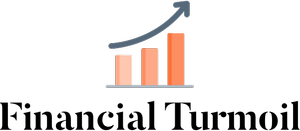Everyone seems to be playing the stock market these days but only a fraction truly invest. A beginner investment portfolio should look different than what most would expect.
Putting aside advanced investment instruments, a beginner needs to invest in simple products that are easy to understand. Many would advocate that index funds are a good starting point. The S&P 500 has an average annual return of around 11%. The reason why beginners should start with an index fund is how little maintenance it requires.
There is nothing to manage. If a beginner investment account has only index funds, the investment company that manages the index fund deals with everything. They add or remove companies from the fund depending on their performance. The investor only has to buy into the fund however he sees fit. You can choose to buy into the fund every single month or in lump sums at a time.

Once you start learning the ropes, get a reasonable understanding of how to read balance sheets, you can change your strategy. Investing in individual stocks is never a mistake if you know how to pick winning companies. Many beginner investment portfolios contain individual stocks but the vast majority choose a mix of both individual stocks and index funds. This increases diversification and protects your portfolio from market corrections, companies losing momentum, bankrupt companies, and market volatility.
One important aspect to think about when building an investment portfolio is how long are you planning to hold onto your investments. Short-term investments present a high degree of risk. No matter how safe and stable a company is, it will always have some degree of volatility. The stock is not the company and the company is not the stock. The price of a stock is influenced by the market and even if a company is doing well, it can still depreciate. In the long run, successful companies always appreciate. If you plan to build a beginner investment portfolio and reduce risk, you need to think about long-term holdings.





